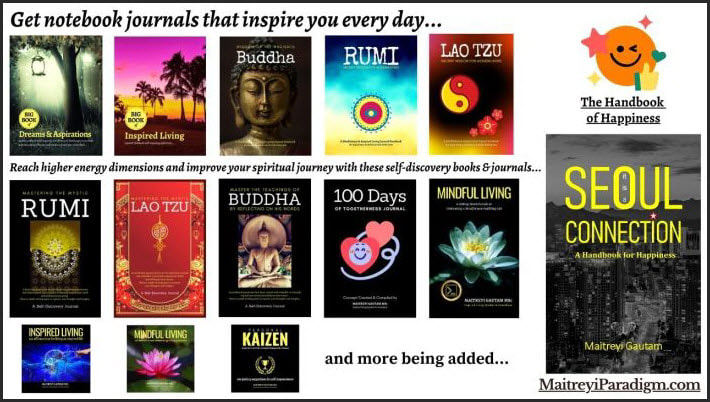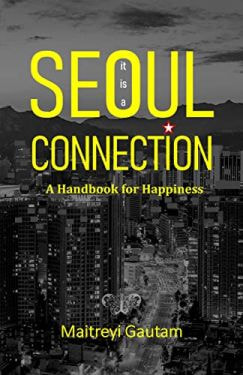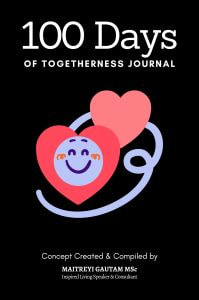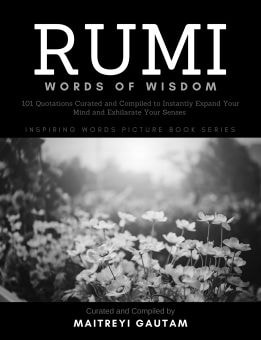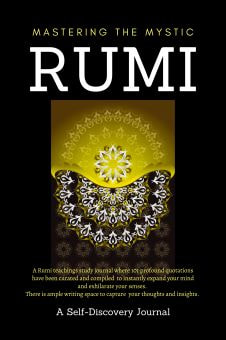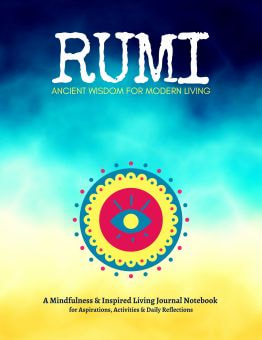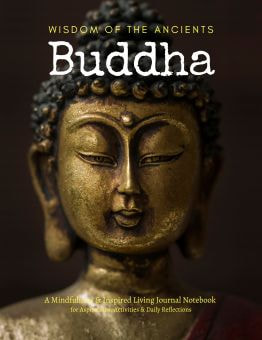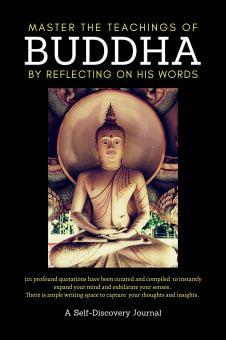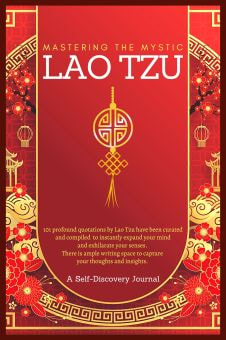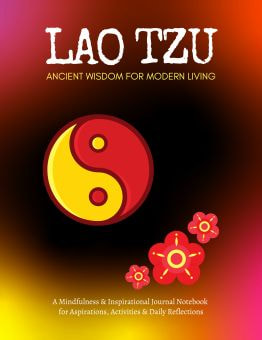To effectively integrate switch words into a spiritual practice, it begins with the selection of words that resonate with your spiritual goals. Whether seeking inner peace, enlightenment, connection with a higher power, or grounding, there are switch words that correspond to these aspirations. For instance, “DIVINE” is a commonly used switch word in spiritual contexts, symbolizing a connection to the universal or divine energy. Other words like “BE” can promote a state of mindfulness and presence.
Once the appropriate switch words have been chosen, the next step is to seamlessly weave them into your existing spiritual routines. This could involve repeating them during meditation, chanting them as part of a mantra practice, or silently focusing on them during prayer or contemplation. The repetition of switch words in these contexts can help in centering the mind, deepening the meditative state, or enhancing the sense of spiritual connection.
Using switch words in spiritual practice is more than just uttering specific terms; it involves a deep engagement with the words' vibrational essence. As you repeat these words, visualize and feel their meanings permeating your being. For example, as you chant or meditate on the word “DIVINE,” allow yourself to feel a sense of expansion, connection, and spiritual awakening.
Consistency in the use of switch words is key to their effectiveness. Regular incorporation of these words into your spiritual practice reinforces their impact, gradually aligning your energy and consciousness with the desired spiritual qualities. Additionally, approaching these words with a sense of reverence and openness can significantly enhance their transformative potential.
It is also beneficial to remain open and receptive to the changes these words might bring into your spiritual experience. The practice is not just about achieving a specific state but also about opening up to new insights, understandings, and perspectives on your spiritual path.
In conclusion, using switch words in one's spiritual practice is a profound method that combines the power of focused intention, repetition, and the vibrational energy of language. It involves selecting words that resonate with your spiritual goals, integrating them into your regular spiritual routines, and engaging with them deeply and consistently. This practice not only aligns your inner state with your spiritual aspirations but also opens up new avenues for growth and self-discovery on your spiritual journey.

